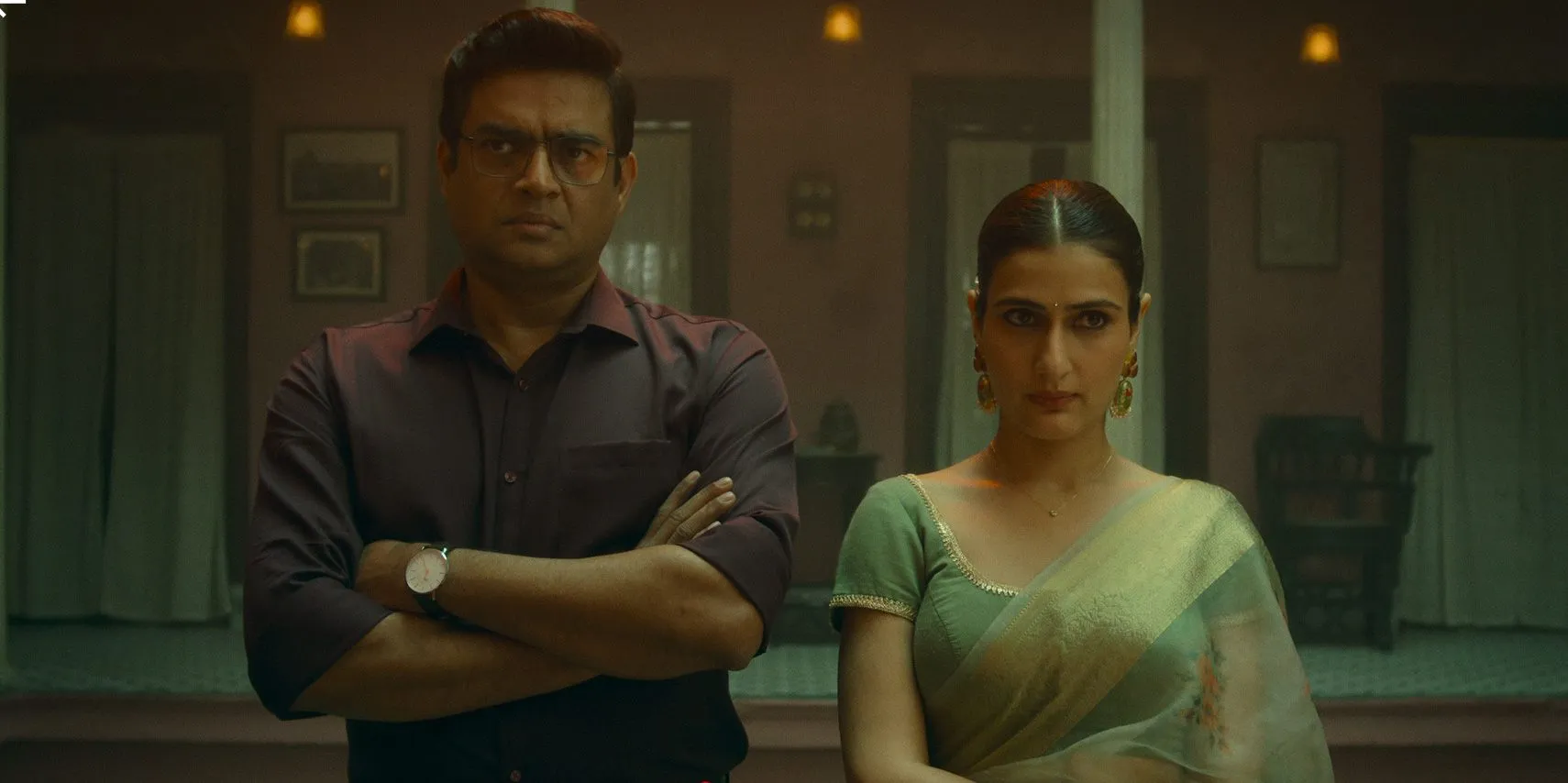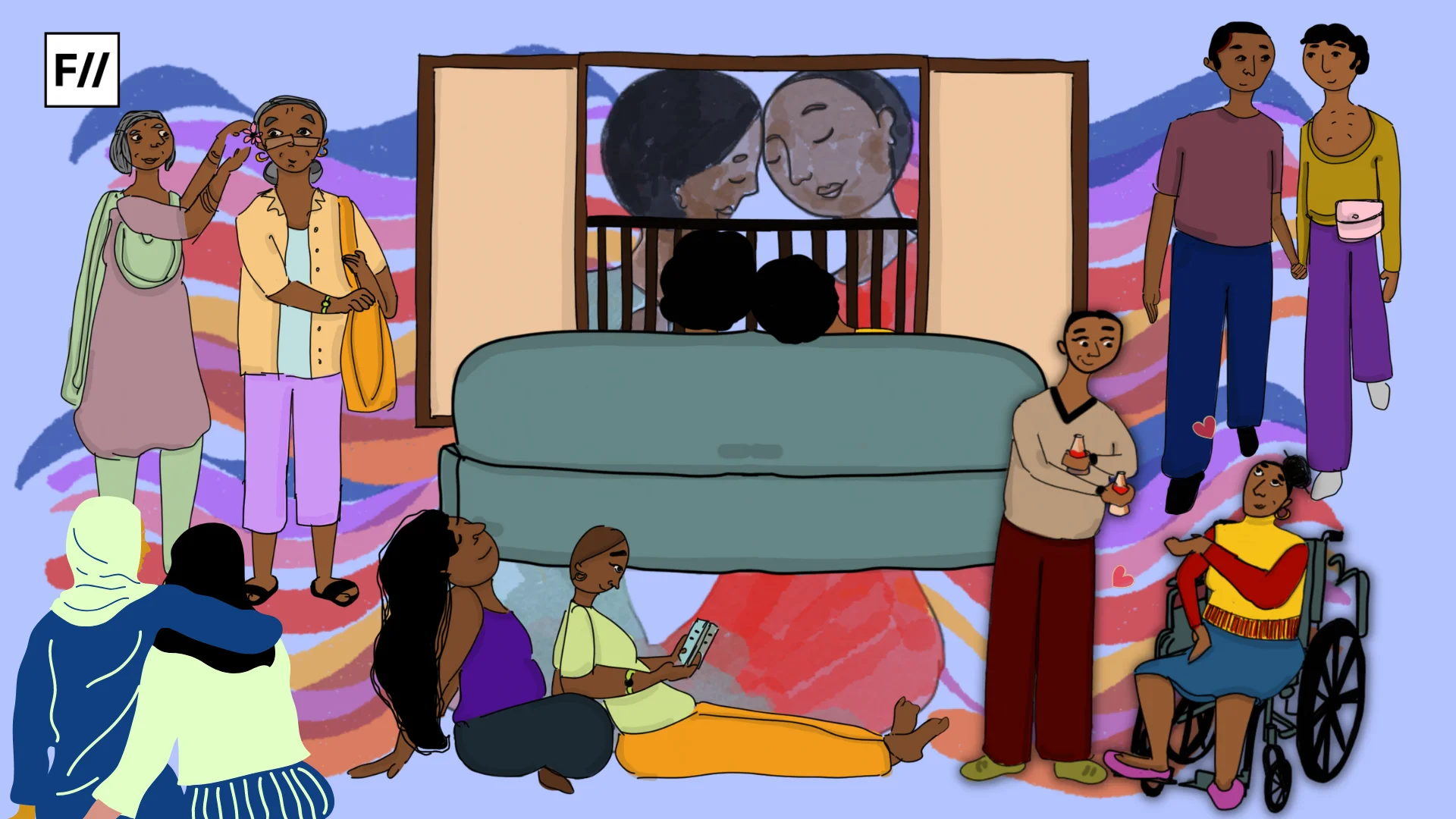Women’s authority over choosing a partner for themselves is questionable in a scenario where gender-based violence is rampant. The archetype of the Indian society involves segregation based on caste, class, region and religion, apart from gender and sexuality. Even mythological tales, with their unsolicited advice, dictate how women ought to behave.
Offbeat cinema has been moving quite far ahead with capturing and re-presenting the lives of people, especially women and their dilemmas realistically. When faced with a question on how she decides the trajectories of her characters, Alankrita Shrivastava, the director of various acclaimed films like Lipstick Under My Burkha and Dolly Kitty Aur Wo Chamakte Sitare, says, “I think people are different and I just try to make them real. It just depends, sometimes they are wonderful, and sometimes they are not. But I can’t make heroes out of them.“
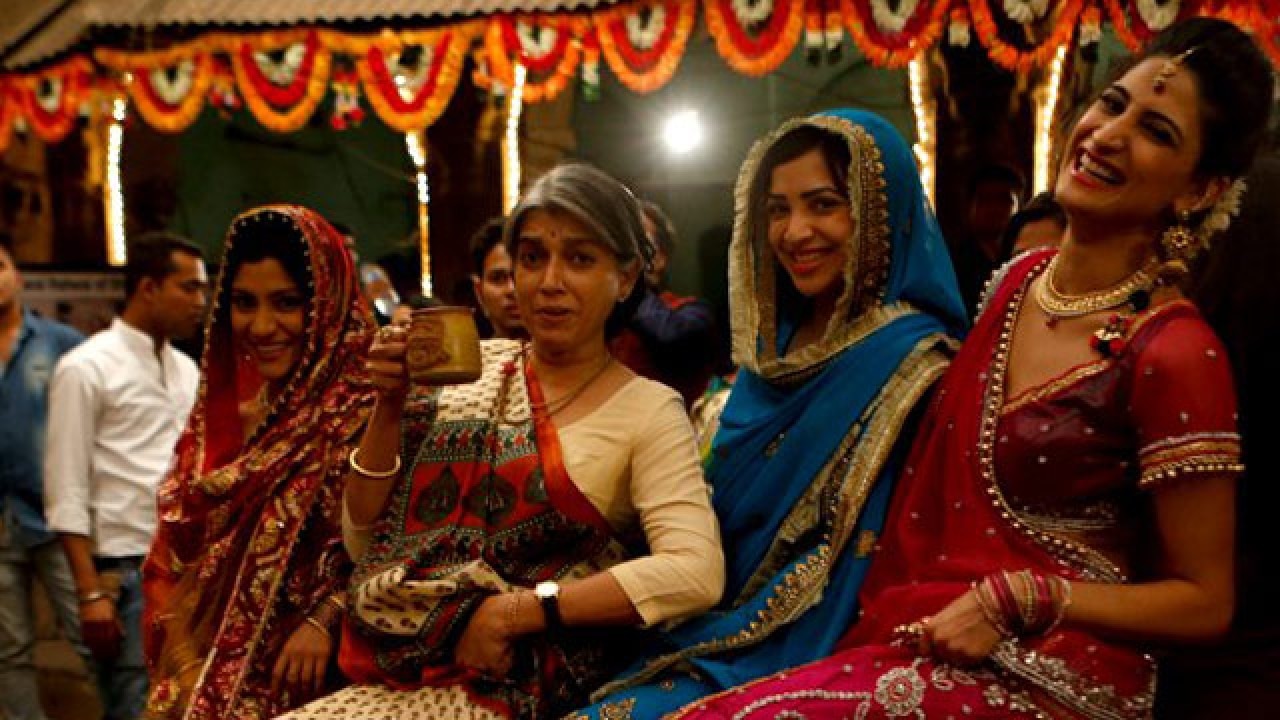
The unfair situation that women are put in is pragmatically captured in Rohena Gera’s Is Love Enough? Sir, which documents the relationship between Ratna (Tillotama Shome), a domestic help, and her employer Ashwin (Vivek Gomber).
With the emerging trend of more films showcasing what is, and covering the distance that mainstream commercial films have left with their deliberate fabrication and glorification of what should be, Indian films are now delving into how chaotic it can be to be a woman and feel like one
(Plot spoilers ahead)
The film grows to mime the complexity of being a marginalised woman surviving in Mumbai, the city of dreams. Ratna’s ambitions are similar to the women she sees visiting her employer – independent working women, and her attraction to him, similar to any other woman. But she is crushed under the constraints of her unfortunate sidelining by society.
As viewers, we do not witness an explicit expression of her desire for Ashwin and our struggle to interpret her mind gets as difficult as it might have been for her to acknowledge her feelings. The character of Ratna encapsulates the identity of women belonging to marginalised sections and the crude restrictions on dreaming of a life with who they love or wish to love.
Violence does not function in a vacuum. It has its backbone in primitive practices that facilitate gender-based violence, caste hierarchy, and validate only monoamourous relationships. We find a clear representation of how outdated methods remain prevalent in ushering modern-day love in Neeraj Ghaywan’s Geeli Pucchi, a short film in the Netflix anthology Ajeeb Daastaans.
Bharti Mondal (Konkona Sen Sharma) is a Dalit factory worker who relentlessly seeks to get a better position she deserves, as per her qualifications. But she is refused the job because of her caste identity. Bharti is deliberately pushed, by fellow workers and the employer, to a place of questioning who she is because of where she hails from.

As if not being considered and valued in the workplace was not enough, she is rejected by Priya (Aditi Rao Hydari), an upper class woman and colleague. Priya not only discriminates against Bharti on casteist grounds, but also refuses to acknowledge her own inclination towards women despite having confided in and grown close to Bharti by her own will.
Also read: Geeli Pucchi: Exploring The Messiness Of Caste And Sexuality
The systemic violence on many levels targeted against Bharti attacks her dignity and sexuality. She is treated differently because of her Dalit identity by Priya’s mother-in-law and is made to feel like an “other” in their elite community. Bharti accepts that being a lesbian is part of her authentic self and there is nothing unnatural about it. The symbolism of Bharti drinking tea from the ‘other’ cup offered to her confirms the presence of exclusion and otherness that continues to dominate love and lovers.
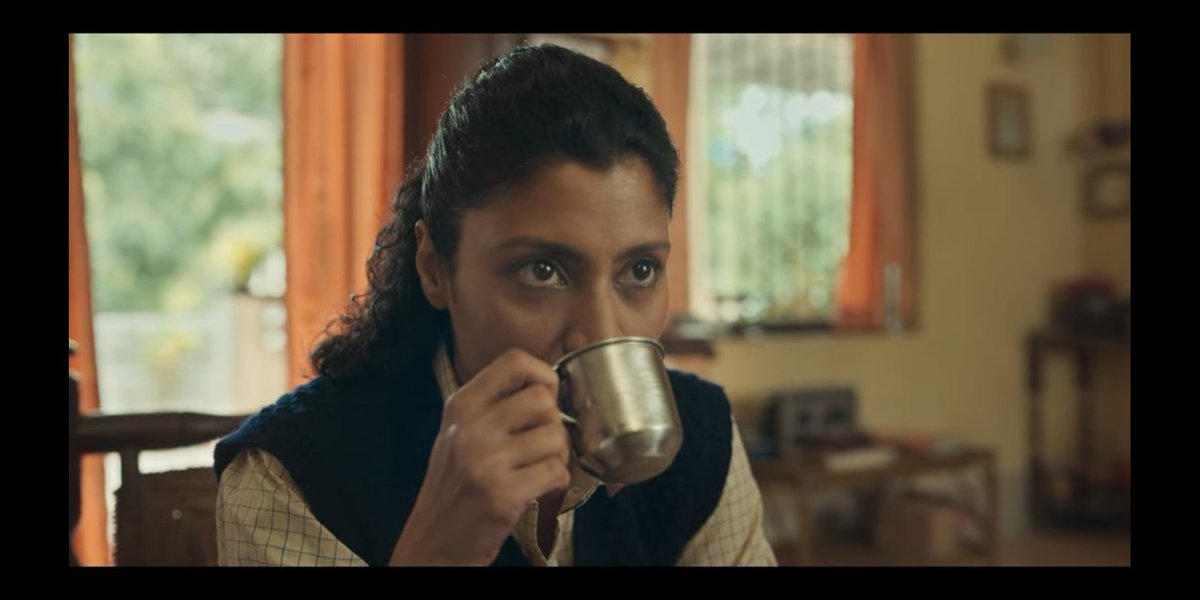
Iram Haq’s What Will People Say? puts a 16-year old girl Nisha (Maria Mozdah) in similar light as she lives a dual life, being a Pakistani woman in Norway. When spotted with a boy, she is moral policed and forcibly sent to Pakistan to learn her ‘culture’ in order to be appropriate enough to find a respectable husband.
Nisha falls in love with a boy in Pakistan and isarrested by policemen who abuse her, photograph her naked and threaten her in front of her family. Her fault was that she chose to romantically and sexually involve with who she liked. She is made to perform household chores, from cleaning to serving in order to become ‘sankaari’, a pre-requisite to ‘settling down‘ in a suitable marriage.

The unending trauma that Nisha goes through because of her identity and for taking control of her romantic and sexual desires, is incredibly devastating, and at the same time, so real. It represents the nuances that are not addressed within families. It touches upon what patriarchy fears: the desires of a woman.
As much as we hate to be involved in a procedure of this sort, we can certainly relate and empathise with the three women, Ratna, Nisha, and Bharti, who continue to make space for themselves and how they feel, making it worthy of attention and recognition in a society which only knows how to forcibly snatch and seize
With the emerging trend of more films showcasing what is, and covering the distance that mainstream commercial films have left with their deliberate fabrication and glorification of what should be, Indian films are now delving into how chaotic it can be to be a woman and feel like one. What is saddening though, is the response to such movies as against commercial films. A large chunk of the audience still fails to accept women as they are, and the quotidian harm inflicted on them by the tight grip of societal expectations and intersectionalities.
Also read: Film Review: Fire —On Queering Love And Beyond
Being a polyamorous-bisexual woman, I enjoy the liberty of announcing my identity on an inclusive digital platform with pride. But the manacles of society, dripped in the stench of stale stereotypes continue to push me into the doom of questioning my personality in the physical world. The vigour of my fingers typing this is matched unfailingly by menacing stares of groups of strangers ready to put a finger on me as I fearfully exercise my right to move around and exist in the city.
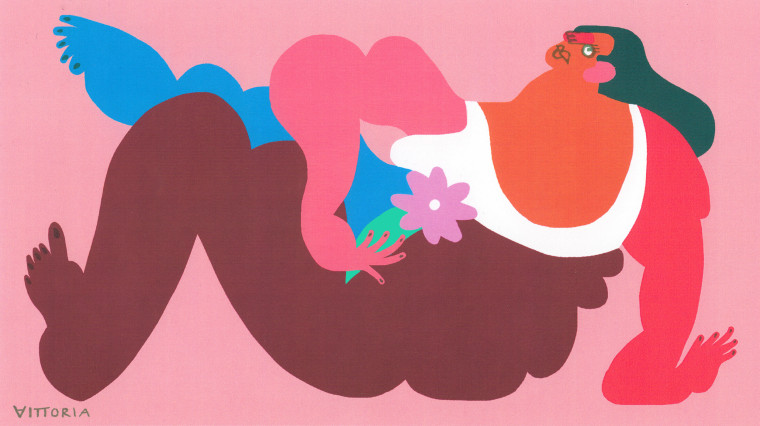
If someday I am seen with different partners of different gender identities at different points of the day, none will mind their own business, but somehow my personal choices and lifestyle would be questioned and melted down with an attempt to put me in a box.
As much as we hate to be involved in a procedure of this sort, we can certainly relate and empathise with the three women, Ratna, Nisha, and Bharti, who continue to make space for themselves and how they feel, making it worthy of attention and recognition in a society which only knows how to forcibly snatch and seize.
Shivangi Singh (she/they) is a graduate of Gargi College, Delhi University. Having written for several organisations like Unmukti, Girl Up Bhilai, The Phosphene Magazine and The White Rose Club, she hopes to see herself imbibe the colours of art, culture, and criticism. When in need of feminist wisdom, Shivangi receives guidance from the late Maya Angelou and the late Kamla Das, through their writings. Her hobbies include penning words of structural criticism and smashing the patriarchy in her unbounded capacity.

